Donald Trump isn’t seeking any off ramp in his battle with the courts.
The president and his allies are still demanding the impeachment of Judge James Boasberg, who has enraged Trump by sharply questioning the legality of the administration’s deportation of alleged Venezuelan gang members to El Salvador. The administration is also getting more defiant on the case; this week, the Justice Department invoked the state secrets privilege and told Boasberg that it will not provide him with further information about the flights despite his concern that the administration may have deliberately flouted an order from the bench.
Behind the particulars of this dispute, one question has loomed large: Does the Trump administration plan to ignore or defy future court orders that it disagrees with — perhaps even an order from the Supreme Court?
That would mark the sort of unambiguous constitutional crisis that has worried Democrats and other Trump critics since the president began his series of stunning moves to upend the federal government. It’s not an idle notion; Vice President JD Vance, Elon Musk and conservative activists have floated the prospect of defying the courts. Trump, however, has told reporters on multiple occasions — including just last week — that his administration will comply with the courts despite their disagreements.
Trump’s position may seem surprising given his typically combative posture, but it’s not that he’s doing the country a favor. Instead, it suggests he is acutely aware of his own self-interests.
The question should not be a live one in the first place, but the reasons that Trump will probably abide by the courts — or would be foolish to explicitly disobey them — have nothing to do with his commitment to the country’s traditional constitutional order (which is questionable at best). They concern his own political standing and his broader ability to enact his and his allies’ agenda.
For starters, there is extraordinarily little support for the idea that the president could simply disregard orders from the courts. That is true across the public, according to recent polls, with more than 80 percent of Americans rejecting the idea.
I also found similar responses from an informal survey of conservative legal thinkers, including from those generally sympathetic or otherwise open to the administration’s legal positions.
“The Constitution implicitly requires the executive branch to … comply with judicial judgments when the executive is part of the case,” Saikrishna Prakash, a law professor at the University of Virginia and onetime clerk for Supreme Court Justice Clarence Thomas, told me.
“It’s never permissible for a president to defy a court order,” said Ilya Shapiro, a senior fellow and legal analyst at the Manhattan Institute.
Josh Blackman, a law professor at the South Texas College of Law and a well-known conservative legal scholar, said that there might be an exception in rare circumstances — when the “executive branch cannot immediately comply” — but otherwise echoed Supreme Court Chief Justice John Roberts’ comments that the way for the government to handle a loss in the lower court is to appeal it.
One notable variant came from Ilan Wurman, a law professor at the University of Minnesota, who argued that the government should not have to comply with an order if the court lacks jurisdiction. He added, however, that a deceptively simple question follows: “Who gets final say over whether the court had jurisdiction over a matter and was properly exercising judicial power? The courts themselves or the executive department?”
The only person among my small sample who came down firmly on the side of defiance was Mike Davis, an outspoken and reliable supporter of Trump’s legal agenda. “The President,” Davis told me, “has a constitutional duty to ignore any clearly unlawful court order that imminently endangers American lives.”
All of this suggests that in a true standoff with the courts, Trump would struggle to rally support beyond a relatively small number of diehard supporters. That would in turn threaten his public approval, his political standing and his legacy — all of which are important to him.
There are other practical reasons for the Trump administration to stay on the right side of the courts.
“What’s laying in the background is that they probably perceive, rightly or wrongly, that they’re going to win 70, 60 percent of the time in the Supreme Court,” Prakash told me, referring to the array of ongoing disputes that may wind up before the justices. “So why would you want to trash the judiciary if you think you’re ultimately going to win most of the time?”
Just as important, if not more so, is that a confrontation between Trump and the courts would imperil the successful, decades-long project by Republicans and conservatives to shift the Supreme Court to the right. In just the last few years, the six GOP appointees have revamped constitutional law in a host of areas — from abortion to affirmative action to the administrative state — but there are plenty of issues that are still on conservatives’ wish list and facing action at the Supreme Court.
Those include access to medication abortions and the availability of gender-affirming care for transgender minors, as well as the law on gerrymandering. The Supreme Court, for better or worse, now resolves many of the country’s most contentious social and political issues, and a court that is sympathetic to Republican and conservative political priorities is a huge boon to the right.
Even more personal to Trump is his attempted expansion of presidential power under the unitary executive theory, including the push to fire members of independent agencies despite legal constraints imposed by Congress. That is one area in particular where Trump may get some traction at the court, and where a victory would advance a longstanding effort by conservative lawyers to centralize executive power at the White House and limit the power of the administrative state.
None of this works particularly well if Trump ends up antagonizing potential swing-vote justices like Roberts or Amy Coney Barrett. As former Gov. Chris Christie recently noted to ABC News, “He’s going to tick off the Supreme Court so much that they may not give him everything he wants.”
And then there is the matter of not just losing cases but damaging the public’s perception of the Supreme Court. If Trump were to ultimately defy the Supreme Court, and not just the lower courts, it would obviously be even more explosive, and also more risky. That is because the political legitimacy of the court — the idea that everyone should accept the court’s rulings, even if they strongly disagree with them — is essential to the long-term conservative legal project, which Trump has largely adopted.
There are Republican lawyers and operatives that have been waiting and working for decades for a dynamic precisely like this one — a friendly Supreme Court comprised mostly of Republican appointees, and a president willing to push, if not trample, the boundaries of settled law, particularly in the area of executive power. Purely as a matter of self-interest, it would be a bad idea for Trump and the Republican Party to rock this boat and lose their best opportunity in decades to fundamentally reshape the law for generations to come.
Trump may not know all of those details, but it would be hard for him to miss the big picture — that the Supreme Court is not his enemy. After all, the Republican appointees bailed him out last summer in the case over his Jan. 6 indictment, which threatened to imperil both his political career and his liberty. If Trump knows anything about the Supreme Court, he knows that.
To top it all off, the long-term effects — particularly in a head-to-head clash with the Supreme Court — would be unpredictable and bad for everyone, including Trump.
Set aside any concerns over the future of America’s nearly 250-year experiment in democracy and its independent judiciary.
If Trump can defy court orders, what would prevent a future president from ignoring the Supreme Court’s presidential immunity ruling and sending Trump to prison? Could a Democratic president direct his administration to ignore the court’s rulings on abortion, race-based preferences or other priorities? The next time the Supreme Court tries to rein in a Democratic president — as the justices did with the Biden administration’s student loan forgiveness plan — why would they comply?
The MAGA right has been jubilant in the wake of Trump’s inauguration, and it is not hard to understand why. The Trump administration is moving aggressively on many legal fronts to change the law and push the boundaries of executive power.
Trump is likely to get some of what he wants from the Supreme Court when all is said and done — maybe even a lot of it. But it is always useful to remember that when a president manages to devise new and more powerful tools for himself — whether legal or political in nature — he leaves them for his successors too. And there is no telling what will happen and how those tools will be used over the long haul.
This is a pandora’s box that the Trump administration — and Republicans and conservatives more broadly — should not want to open, for their own sakes as much as anyone’s.
.png)


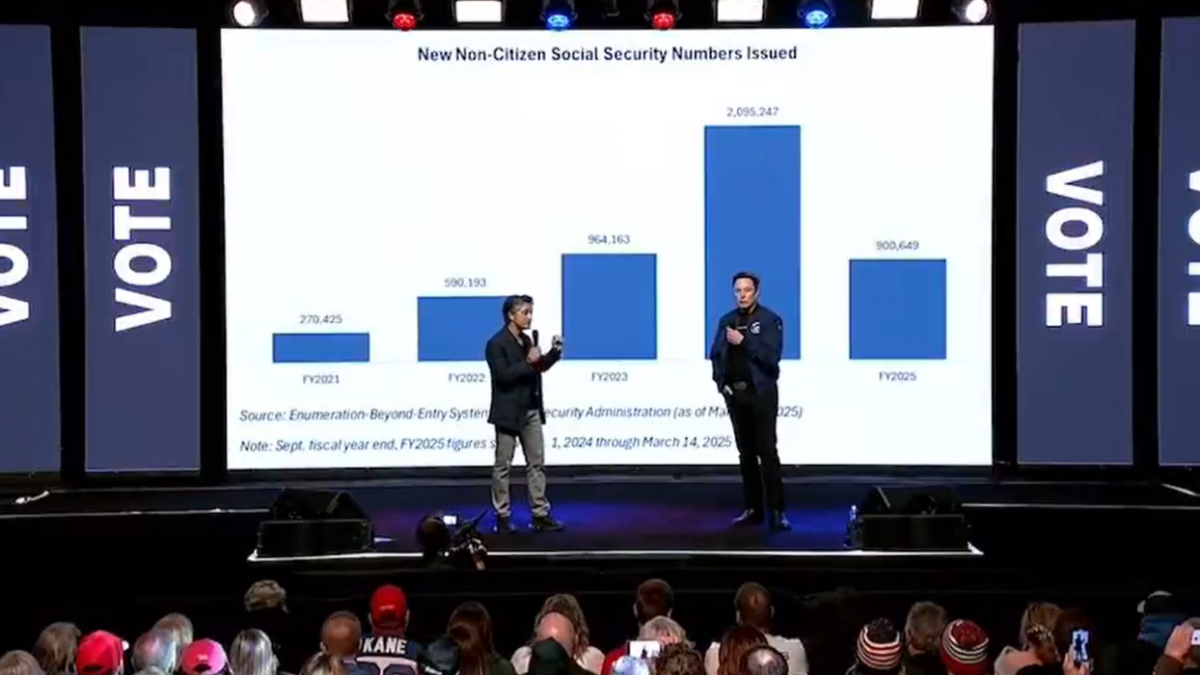


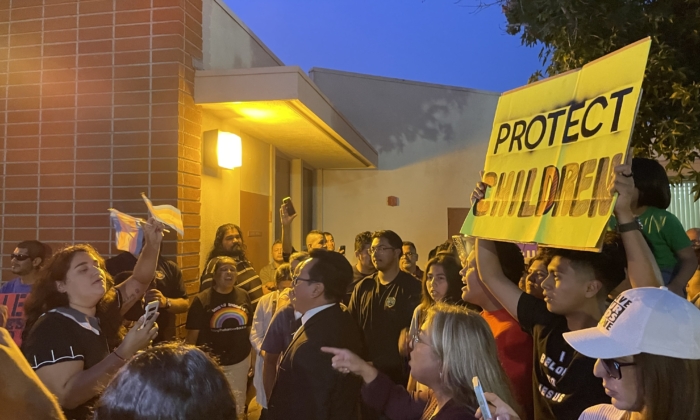

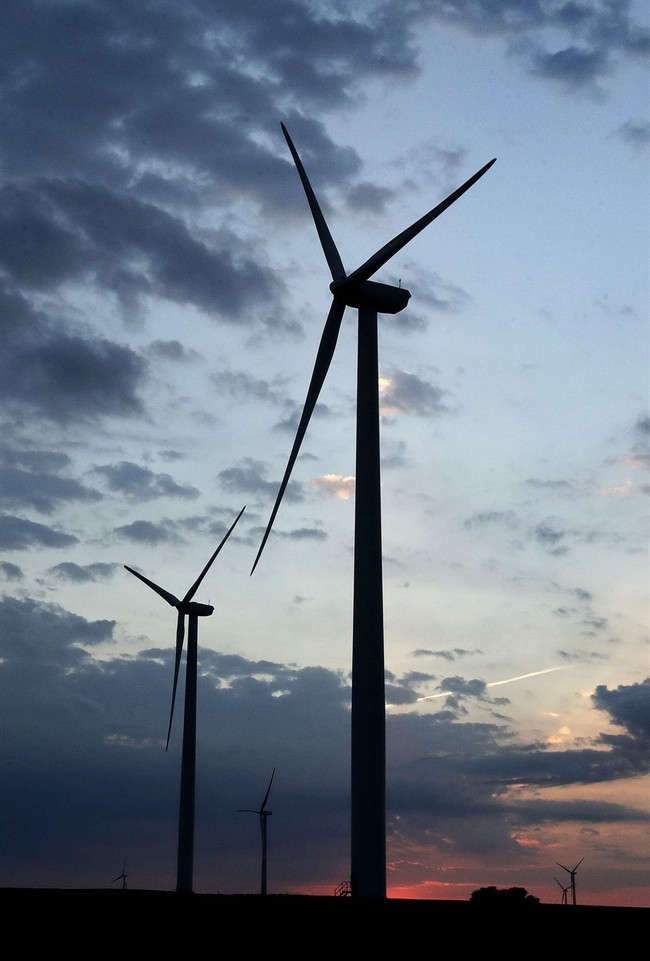



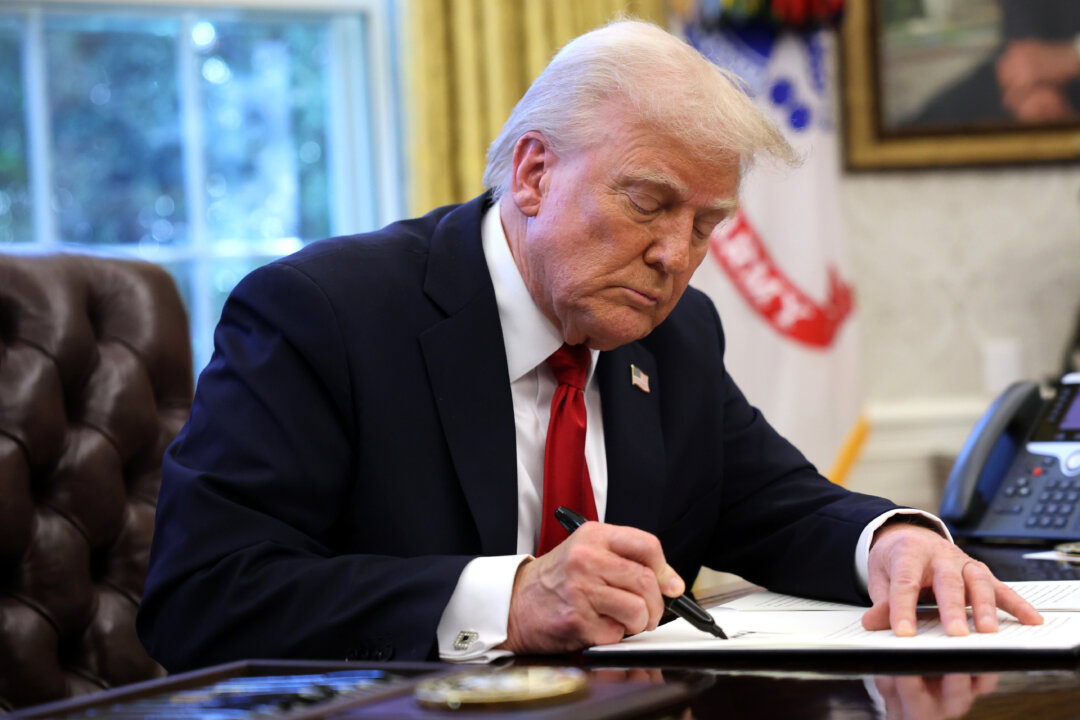
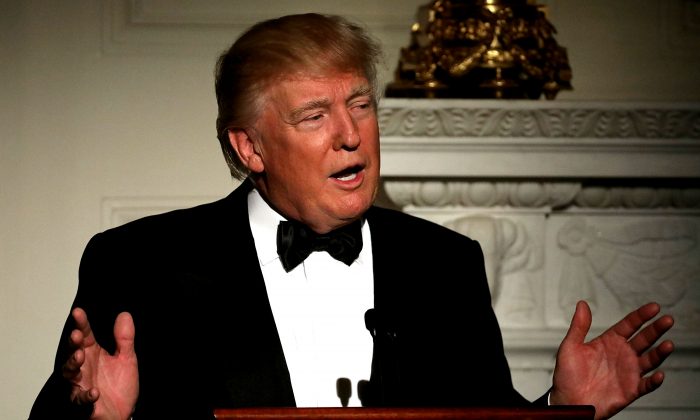
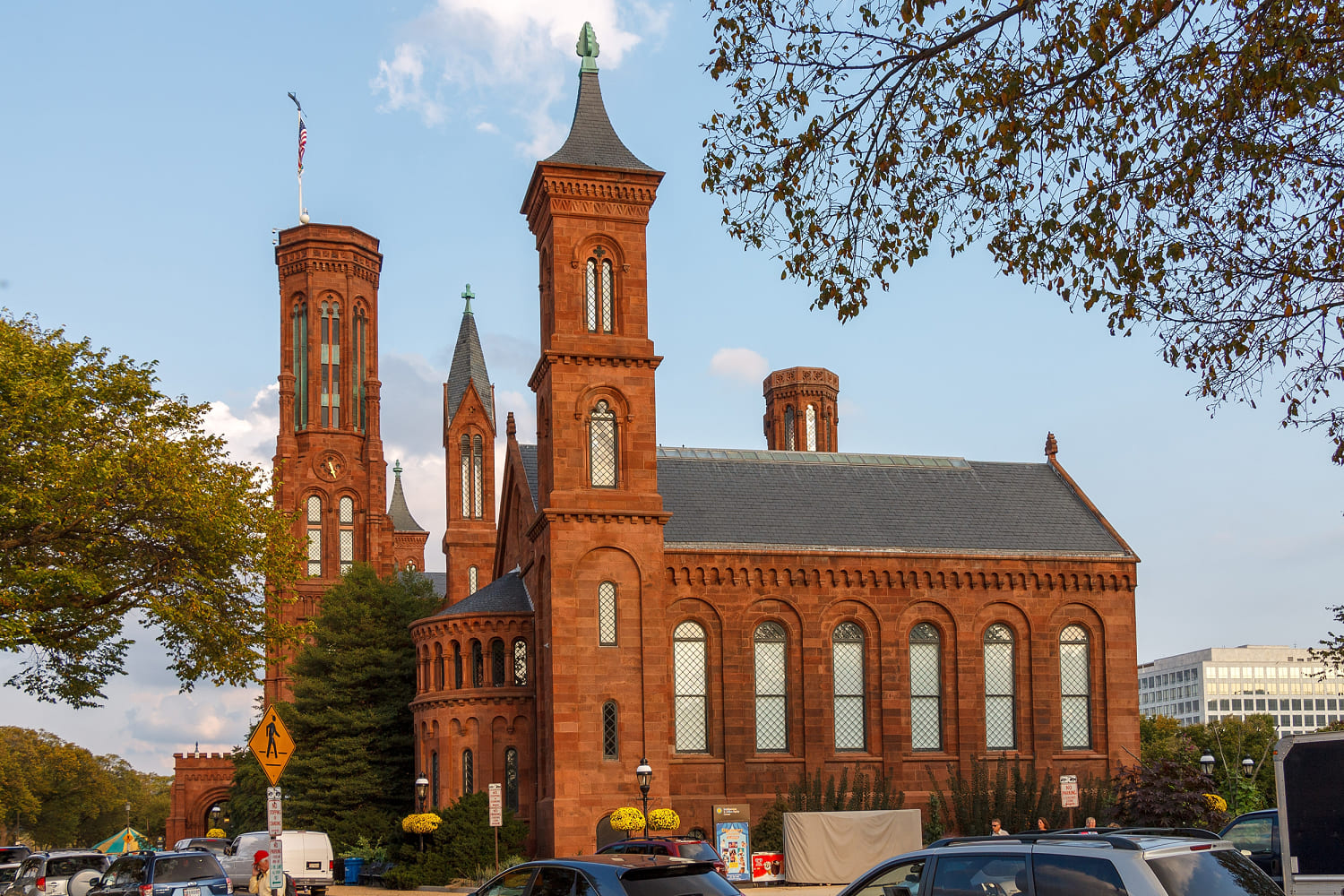
 English (US)
English (US)